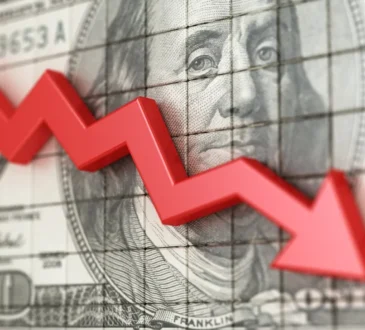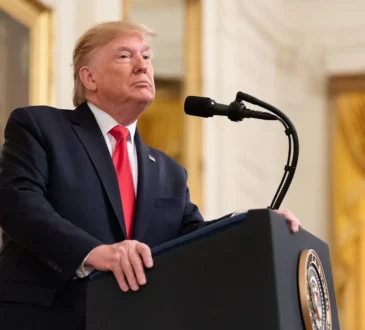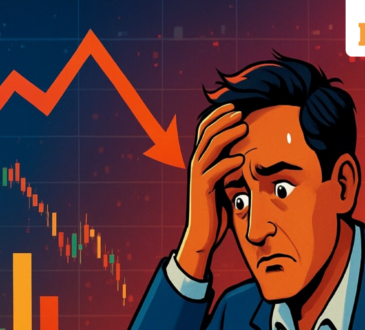President Trump’s shocking tariff announcement on Wednesday has markets reeling as investors, economists, and the public try to make sense of how these actions will weigh on the US and global economies in the months ahead.
In a note to clients on Thursday, economists at Wells Fargo led by Brendan McKenna wrote, “Liberation Day will also be a strong test of our deglobalization and fragmentation view.”
The firm added (emphasis added):
While Trump’s new tariff program announced Wednesday may well be the start of what Wells Fargo calls an “escalate to negotiate” strategy, the scope and scale of the administration’s tariff plans make clear the international trading order that previously dictated global business logic is over.
And serves as the kind of distinct break that cannot be put back together by future administrations, no matter their own trade goals.
“We have also observed clear signs of global economic fragmentation — our view that the global economy is fracturing into two distinct economic blocs: one led by the U.S. and one led by China — is a trend that is likely to gather momentum in the years ahead as a result of Liberation Day,” the firm added.
“Taking deglobalization and fragmentation a step further, in addition to a decisive shift away from China over the years, the Trump administration has also signaled a shift away from Europe this year… Point being, Liberation Day could also mark an inflection point in fragmentation.”
In Wells Fargo’s view, this shift away not only from China but Europe creates a potential “tri-polar” economic order in which multiple distinct blocs of economic cooperation cross-tariff one another.
Leading to a world potentially more fragmented in its trade goals, more fractured in its geopolitical agreements, and more expensive for businesses and consumers.




